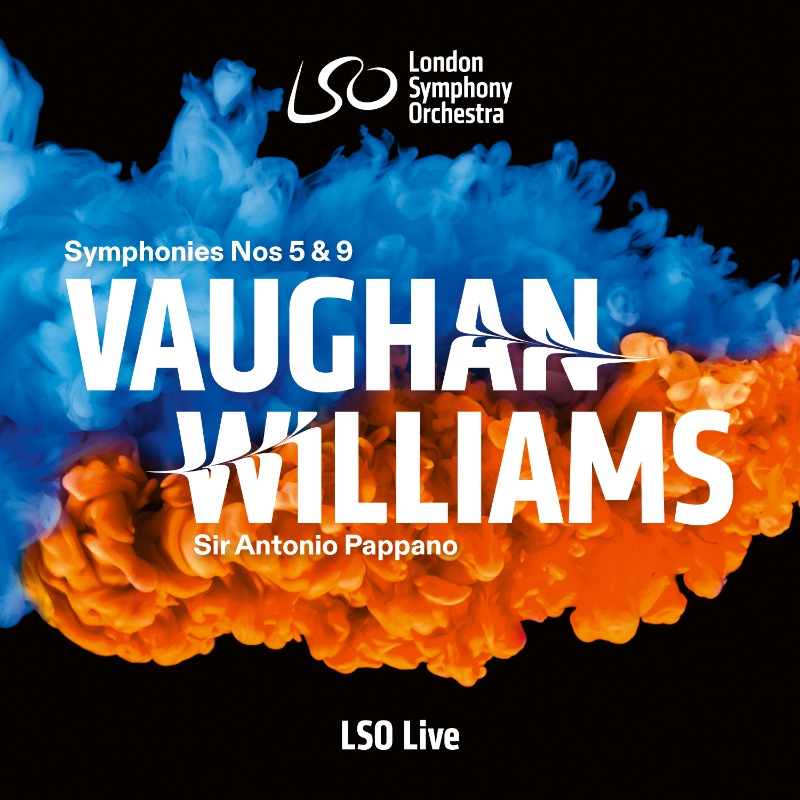search
date/time
 | Lancashire Times Weekend Edition |

Andrew Palmer
Group Editor
1:00 AM 15th November 2025
arts
Review
Classical Music: Vaughan Williams Symphonies 5 & 9
Pappano and the LSO deliver transcendent Vaughan Williams
Symphony No. 5 in D major; Symphony No. 9 in E minor
London Symphony Orchestra / Sir Antonio Pappano
rec. live Barbican Hall, London
LSO Live LSO0900 SACD
https://www.lso.co.uk/

Vaughan Williams's Fifth Symphony reaches for hope amid the turmoil of war. This sophisticated and deeply original work moved audiences at its 1943 premiere—its bittersweet melodies and transcendent climax offering a vision of future peace. From the opening bars, the clarity and freshness are immediately apparent. The LSO is in fine fettle, the dynamics are superbly crafted, and the build-up to the climax and diminuendo of the first movement is delivered with real class. As for the exquisite third movement, Romanza – so characteristically Vaughan Williams – principal cor anglais Augustin Gorisse delivers a delicious solo, coupled with sensitively played strings. The result is glorious, with a rich warmth that speaks to the heart of this most English of symphonies.
The finale (Passacaglia) demonstrates how Pappano extracts the utmost from both the score and the orchestra. The finesse of articulation throughout and the emotional impact he achieves set this performance apart, while the expertly controlled, heavenly conclusion to the work is nothing short of transcendent; the strings are elegant and luscious.
By the time he wrote his final symphony in 1957, Vaughan Williams had witnessed the true devastation of two world wars and the years that followed. The Ninth is a powerful final statement, balancing darkness with warmth and unease with resilience. The performance proves equally fine. Once again, Pappano navigates the score with real intelligence, managing Vaughan Williams's varied tempi and dynamics with assurance. The brilliance and technical command of the LSO are formidable as they traverse the score under Pappano's direction, and the climax of the final movement is tremendous, the sound engulfing the listener in waves of orchestral colour.